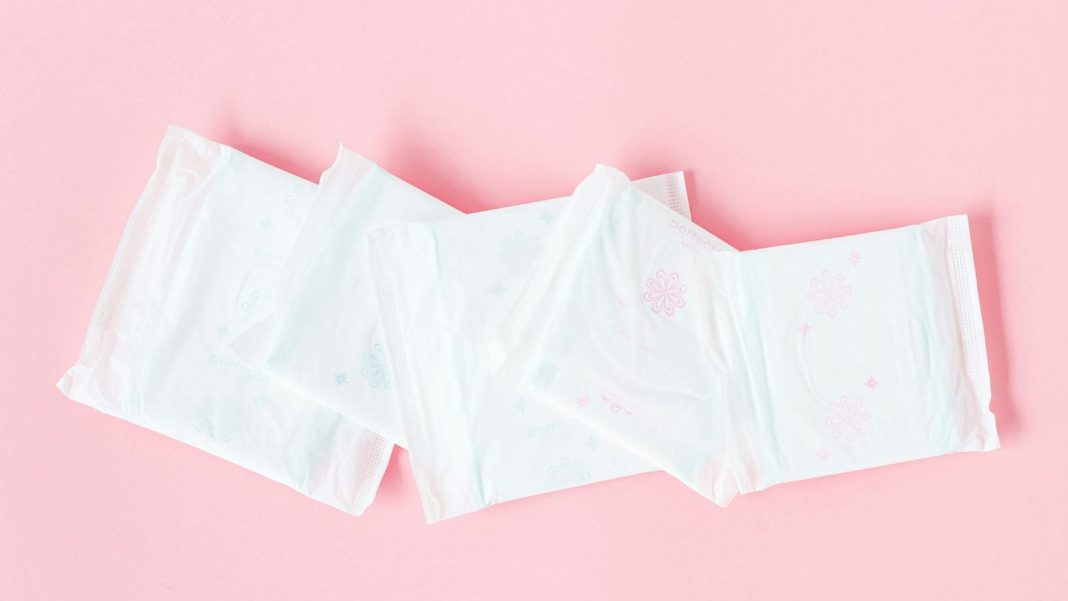Key Takeaways
- Pakistan imposes up to 40% tax on sanitary pads, classifying them as luxury items.
- Lawyer Mahnoor Omer has filed a legal challenge against this ‘period tax’.
- Only 16.2% of rural women can afford pads due to high costs.
- A supporting petition has gathered over 4,700 signatures.
A young lawyer is leading a legal battle against Pakistan’s controversial ‘period tax’ that imposes up to 40% levies on sanitary pads, affecting 109 million women’s access to essential hygiene products.
While numerous countries including Kenya, India, the UK, Canada, Australia, Colombia, and South Africa have abolished menstrual product taxes, Pakistan continues to classify sanitary pads as non-essential luxury items. This places them in the same tax category as perfumes and cosmetics, despite being monthly necessities for millions.
The Reality for Pakistani Women
According to UNICEF data, only a small proportion of women in Pakistan can afford sanitary pads due to the heavy taxation. The situation is particularly dire in rural areas, where research shows merely 16.2% of women use pads because of the high cost.
For schoolgirls and women from lower-income backgrounds, managing menstruation safely becomes extremely challenging. A woman typically spends six to seven years of her life menstruating cumulatively, making access to affordable hygiene products crucial.
The Legal Challenge
Mahnoor Omer, a 25-year-old lawyer and activist, has taken the Pakistani government to court over what she calls discriminatory taxation. She has already had her first hearing in this landmark case.
Omer questions the government’s classification system that exempts items like cattle semen, milk, and cheese as ‘essential goods’ while taxing sanitary pads as luxuries. “It is disheartening that despite women serving as ministers, lawmakers, and public representatives, gender-blind policies continue to pass without question,” Omer told The Guardian.
She emphasized that “whether it’s an omission or a deliberate act, such laws must be amended.”
Grassroots Support
Omer’s legal fight is backed by Mahwari Justice, a youth-led organization providing health education and distributing menstrual products in poorer communities. The group was founded after the catastrophic 2022 floods, when founders Anum Khalid and Bushra Mahnoor witnessed women being forced to use unsafe substitutes for menstrual hygiene.
The organization has launched a petition supporting Omer’s legal action, which has already garnered more than 4,700 signatures. “Since many cases like this often go unnoticed, our goal is to mobilise people to sign the petition and build public pressure for change,” Mahnoor explained to The Guardian.
The movement represents a significant step toward menstrual equity in Pakistan, where and affordable healthcare access remain pressing issues for millions.




